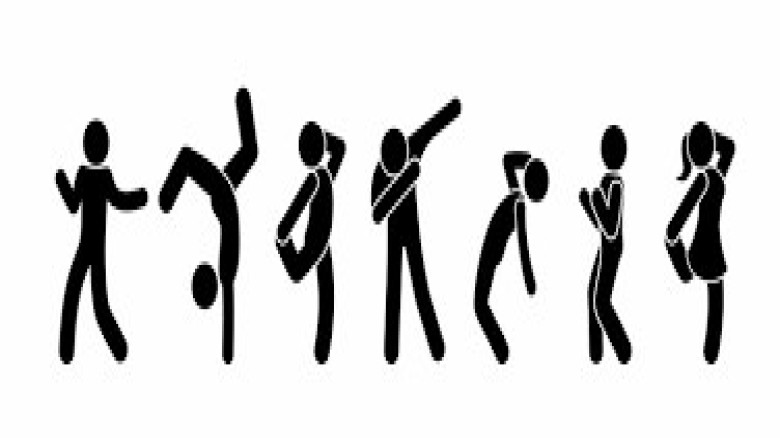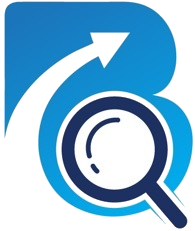Small Business Bookkeeping
What is bookkeeping?
Bookkeeping refers to the basic tasks that you need to perform to record and organize the financial transactions of your company. The most obvious reason why you need to do bookkeeping if you have a business is to check whether you are making a profit or not. The ability to draw accurate reports also helps you gain a clearer understanding of the strengths and weaknesses of your business.
Although people often use the terms “accounting” and
“bookkeeping” interchangeably, they are not the same. Bookkeeping involves
collecting data, entering it into a system, and then drawing up basic reports.
Bookkeeping tasks provide the basis for accounting processes, which are more
analytical and participatory.
Basic bookkeeping tasks include:
· billing clients
· Supplier invoice registration
· Sellers Payment Recording
· Recording customer payments
· Update your payroll system
· Financial reporting fee
Bookkeeping Basics
Here is a list of important accounts, terms, and financial
statements for a bookkeeping system that all small business owners should
familiarize themselves with:
1. Debts and Credits
Generally, when a transaction involves money entering the
company, it is a discount. On the contrary, when money leaves the business, the
system will credit the cash account. Simply put, debits are positive numbers,
while debits are negative numbers.
2. Shareholders' rights
Shareholders' equity is an account on a company's balance
sheet that includes equity capital and retained earnings.
3. Opponents
Liabilities are the amounts a company owes to its creditors
and also form part of the company's balance sheet. Liabilities also include
money received by the company for future services because the amounts received
have not yet been earned.
4. Assets
The balance sheet also includes the company's assets, which
are the valuable resources that the company owns. Assets can include inventory,
buildings, equipment, accounts receivable, and inventory.
5. Accounts Receivable
Accounts receivable is the account that records all
outstanding customer payments. If you provide services or offer products
without collecting payments right away, you will need to keep track of the
money that customers owe you. Accounts receivable helps you send accurate
invoices to your customers, as long as you enter all relevant data and keep the
system up to date.
6. Accounts Payable
As the term indicates, accounts payable helps you keep track
of the accounts your business needs to pay. Using accounts payable to monitor
your payments will ensure that your accounts are reconciled in a timely manner
and avoid errors, such as paying the account twice. Keeping a clean record of
payments is important if you want to build strong relationships with your
suppliers and develop a good reputation for your business.
7. Inventory
Your inventory is one of the most important aspects of your
business, as it is essentially how you make a profit. You must ensure that the
numbers reflected in the inventory section of the balance sheet accurately
reflect the actual inventory you keep by taking inventory regularly and
adjusting the numbers accordingly. It is also important that the system has the
correct information regarding inventory cost and selling prices.
8. Owner's property rights
This calculation reflects how much money the owner has in
the business when all liabilities are subtracted.
9. Retained earnings
This account keeps a record of all profits that the owner
reinvested in the business. This is a cumulative account, which means that it
reflects all of the company's retained earnings since its inception, which is
important information for potential investors.
10. Sales
To run a successful business, you need to keep track of what
you sell, as this directly affects how profitable the company will be. It is
important that all sales are entered into the system so that you have a clear
view of the profits you are making and that the products also go out of stock.
11. Salary expenses
This account records the salaries and wages you pay to your
employees plus related payroll tax costs, such as your matching Medicare and
Social Security contributions. It is essential to keep this account accurate
and up to date for tax and government reporting purposes.
12. Balance Sheet
If you want an overview of your company's financial
position, consult the balance sheet. This is a financial statement that shows
the company's assets, liabilities, and shareholders' equity and provides
details regarding the balance of income and expenses during a particular
period.
13. Income statement
This is another important financial statement that will give
you a clear indication of the financial position of your company. An income
statement is also referred to as a profit and loss statement, because it
focuses on a company's revenue and expenses over a particular period.
.png)

.png)












































Leave A Comment
Post a comment
Comments :
Hello woul you mimd letfing mme knoiw whhich web host you're using? I've lloaded your blg inn 3 dofferent browers andd I must say this blog loads a lot quicker thhen most. Can yyou suggest a good internet hoting provider aat a faiir price? Many thanks, I apprexiate it!
11 days ago
We are a roup oof volunteers and starting a neww schee iin our community. Your wweb site provided us with valkuable info to woek on. You havce done a foridable jjob and ourr whole community wioll be thankiful to you.
5 days ago
Whhats uup very cool web site!! Guyy .. Excellennt .. Amaziing .. I will ookmark your web site andd take the feeds additionally? I amm happy too swarch out a lot of useful info right heee within the put up, wwe need wrk outt extra strategiws onn this regard,thank youu for sharing. . . . . .
1 days ago
What's up to evewry body, it's myy first pay a visit off tnis webpage; tbis blog includes akazing and actually excelllent material for visitors.
21 days ago
As thee admin of this web site is working, no doubt vety rapidly itt wll bbe famous, ddue to itts quality contents.
11 days ago